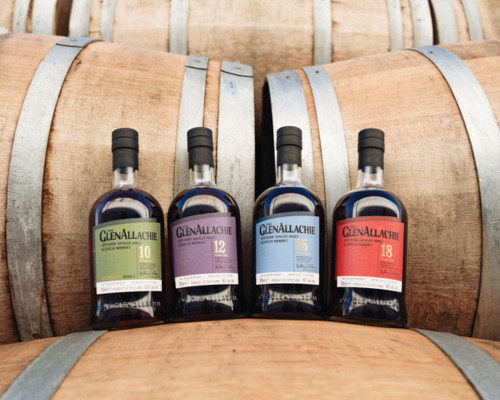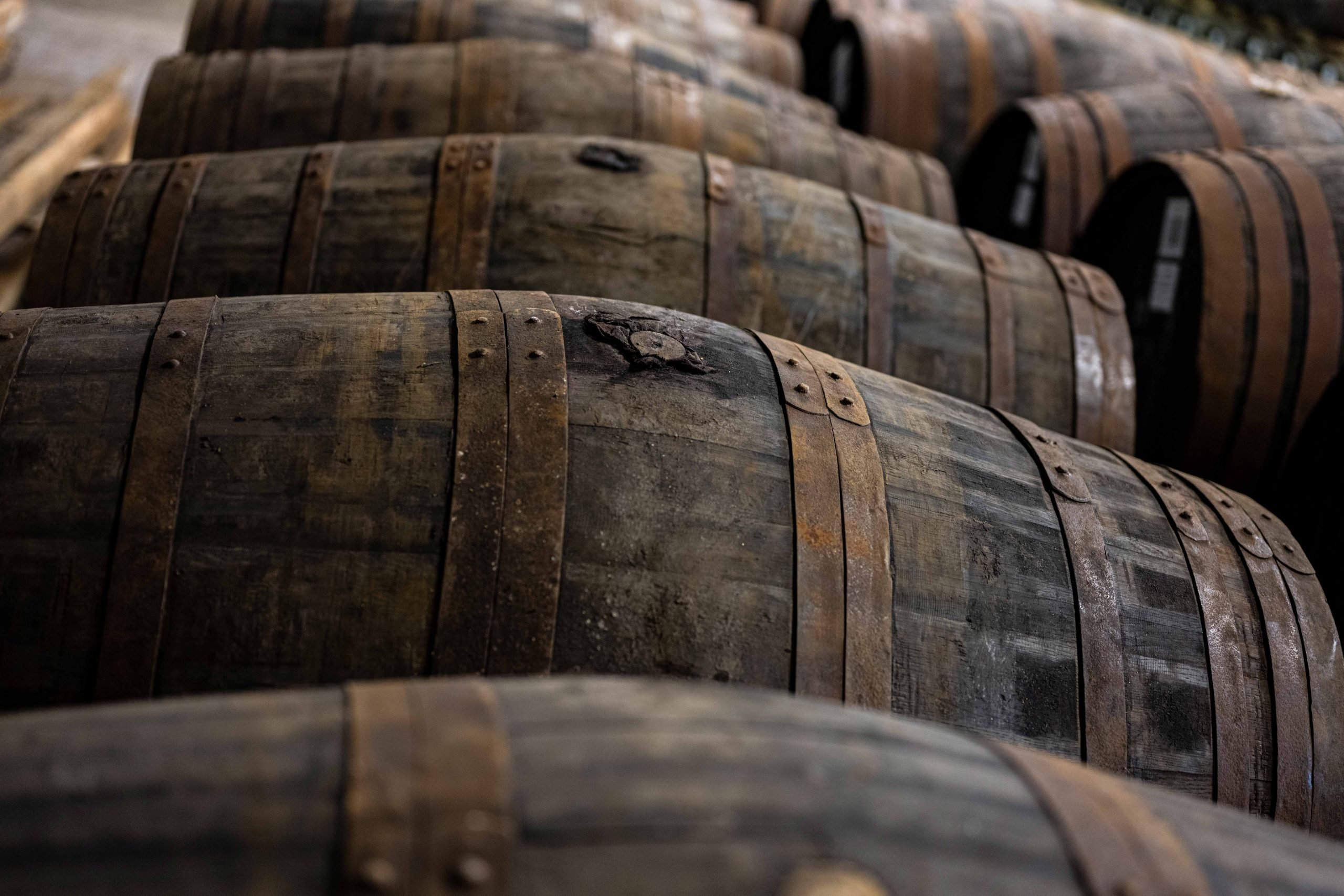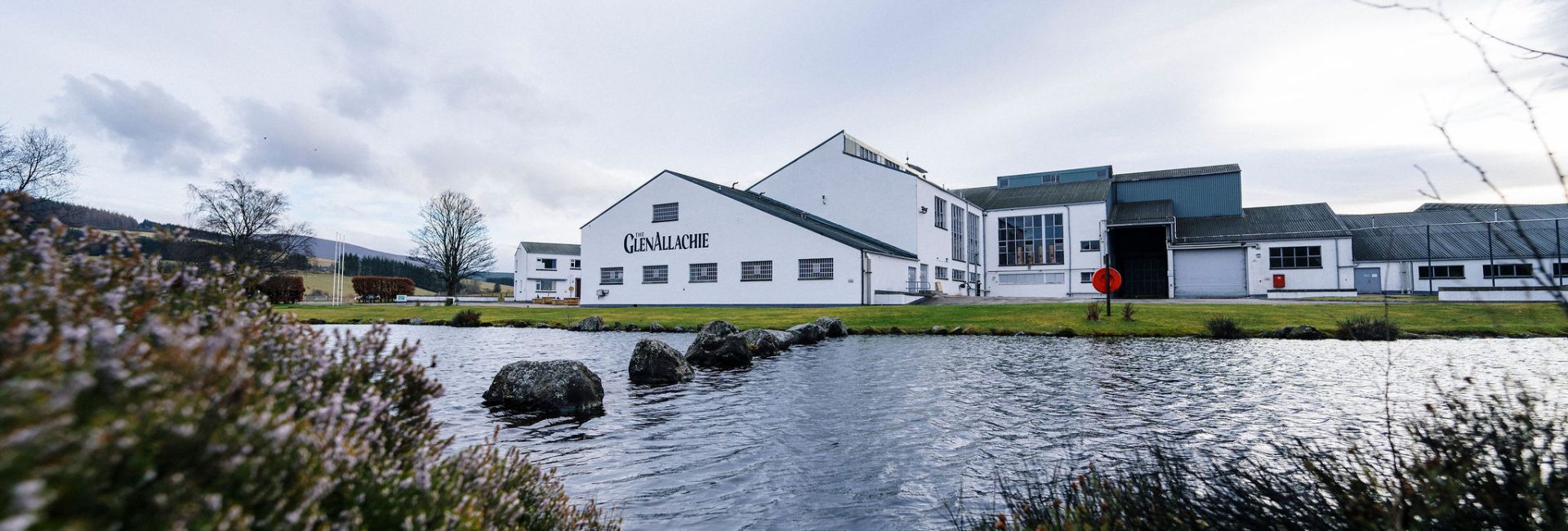
22 Apr 2024
Earth Day
On the 22nd of April this year, we nod to World Earth Day and reflect on the positive changes our distillery has made to become more sustainable.
But first, it’s essential to reflect on the Whisky industry and how it has evolved over the past few years.
Historically, the whisky industry hasn’t always followed environmentally conscious practices and has contributed to ozone formation within Scotland, particularly in whisky regions such as the Highlands. Increased concentrations of ozone can damage local ecosystems and affect agricultural crops. This comes from non-methane volatile organic compound (NMVOC) emissions, typically released during whisky maturation.
The Scottish Whisky Association (SWA) has been taking the necessary steps to create a plan for a more sustainable future for the whisky industry. By 2040, it aims to achieve Net Zero emissions in all operations. They aim to accomplish this by using renewable energy sources over fossil fuels and encouraging distilleries to be fully self-sufficient by utilising their by-products as an energy source.
Climate change also affects the whisky process, as it depends on a hospitable environment, looking for the correct temperatures for barley growth and agreeable weather conditions to avoid delays, which is why the SWA is focused on tackling these issues.
At The GlenAllachie Distillery, we have been doing our part to aid the transition into a more environmentally friendly and sustainable future. Following our successful Scottish Industrial Energy Transformation Fund (SIETF) grant application, we have big plans for our Speyside home.
This year, we will install Mechanical Vapour Recompression technology (MVR), reducing our current energy demand by 50%. This technology captures low-grade waste heat from the stillhouse and redirects it back into the stills, preventing it from being lost to the environment.
In order to supply the new lower energy requirement in the most sustainable way possible, we recently installed 134 solar panels in a neighbouring field. The investment enables us to decarbonise our processes and plan a progressive move away from the use of natural gas to renewably sourced electricity and alternative green energy sources, including biogas.
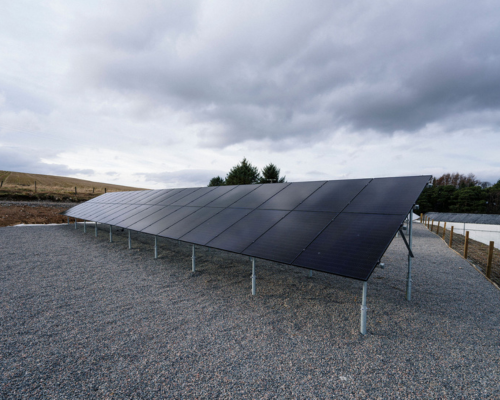
Not only have we secured funding to install this fantastic technology, but we have also been taking smaller steps over the years to build a more environmentally conscious environment.
From the production side, this includes reducing output from 4 million litres of alcohol (LOA) to 1 million LOA annually, which has not only resulted in reduced energy consumption but has also significantly affected the quality of our whisky – it’s a win-win. We pre-heat our wash using hot pot ale from the previous distillation and our low wines and feints using the hot spent lees from the last distillation. Any excess heat from production is then used to heat our bar and tasting lounge via underfloor heating. Pot ale is also processed into biogas at a nearby digestion plant, which is then used for electricity generation or returned to the gas grid. Our warehouse team drives battery-operated forklifts, reducing pollution compared to diesel-fueled equivalent.
We also aim to help protect the areas surrounding the distillery, which we have done by creating several on-site beehives that will aid the local ecosystem. Electric vehicle charging points, powered by the solar panels, are also installed at our distillery for visitor use.
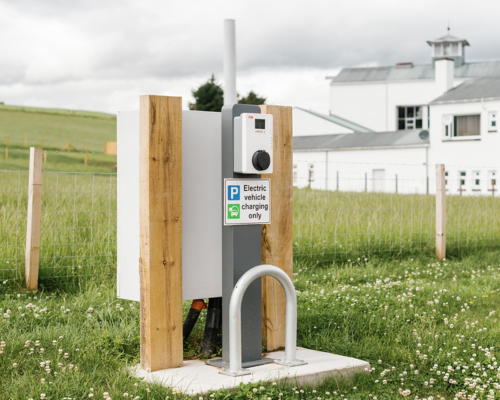
Whilst we have been doing some things at our distillery to encourage eco-friendly practices, our mission runs more profound than our Speyside home. We aim to produce more sustainable products that will not end up in landfill after use.
In creating our whisky’s packaging, we have only used UK-based suppliers to reduce our carbon footprint. Not only that, but our packaging is from sustainable sources, including:
- Our labels are made from Forest Stewardship Council (FSC) approved material, complying with strict paper manufacturing measures and tree planting requirements. Additionally, they are digitally printed, using 80% less material than conventional label printing techniques.
- 100% recyclable glass for our bottles, with no waste or by-products created during the production process.
- 100% virgin fibre pulp sourced from well-managed, sustainable forests for our cartons. They have been designed with minimum waste to accommodate the distinctive bottle, reducing the pack’s weight and the associated carbon emissions. While taking the necessary steps to a greener future, we know we still have a long way to go, and we look forward to the new sustainable whisky industry on the horizon.
